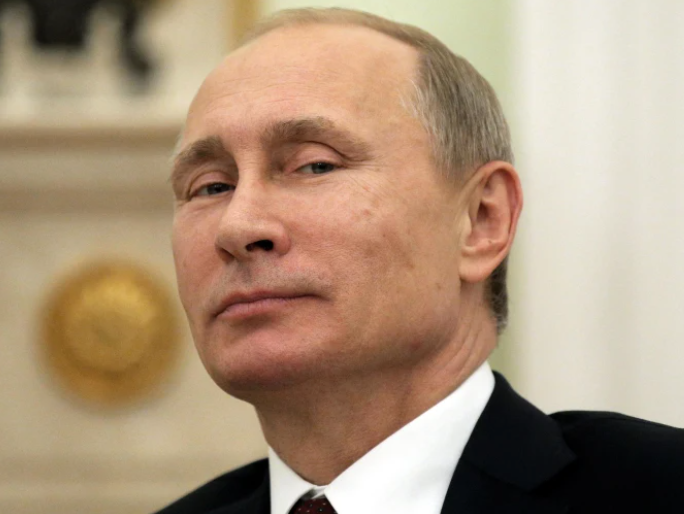In a recent turn of events that has stirred the waters of international trade norms, a sanctioned Russian oil tanker successfully discharged its cargo at the Indian port of Mundra, contravening a direct order from the port’s proprietor, Adani Group, which had previously stipulated a ban against docking sanctioned vessels. This incident not only raises eyebrows concerning compliance with international sanctions but also casts a spotlight on the intricate dance of geopolitical and economic interests that define global trade practices today.
#GlobalTrade #Sanctions #OilAndGas #InternationalLaw #Geopolitics #IndianEconomy #EnergyMarkets #AdaniGroup #RussianOil #MaritimeLogistics
Why Did a Sanctioned Russian Tanker Unload in India and What Does It Mean for Global Trade?
The sanctioned vessel’s arrival and unloading at Mundra port, despite explicit restrictions, underscores a complex overlay of economic expediency and geopolitical maneuvering. At the heart of this development lies the pressing question of how such an action was permitted to occur and the broader implications it holds for international trade regulations and relations.
The Economics of Sanctions and Non-Compliance
Sanctioned news often highlights the immediate economic pressures faced by entities operating under or in close proximity to sanctioned regimes. In this case, the need for oil—a crucial commodity in India’s burgeoning economy—may have tipped the scales towards a decision favoring economic interests over compliance with international sanctions. This scenario is a classic illustration of the economic versus regulatory compliance dilemma that many global trading entities face.
Geopolitical Implications and Global Trade Dynamics
This incident does more than just spotlight the Adani Group or the involved Russian entities; it casts a broader light on India’s position and strategic decisions in the global energy market. Navigating between adherence to international sanctions and securing energy requirements presents a diplomatic tightrope walk for nations like India, which are heavily dependent on oil imports to fuel their economic growth.
Market Reactions and Future Predictions
The stock market often reacts sensitively to such geopolitical events, especially in sectors closely linked to energy and commodities. Stakeholders and investors closely monitor these developments, as they could influence market dynamics and investment strategies. Looking ahead, the industry might see a recalibration of trade routes and partnerships, depending on how global powers respond to sanction breaches and their economic ripple effects.
Conclusion: Navigating Murky Waters
The unloading of a sanctioned tanker’s cargo at Mundra port is a watershed moment that may redefine certain aspects of international trade law and diplomacy. As global trade continues to evolve under the shadow of geopolitical shifts and economic imperatives, the international community must address the pressing need for clarity and enforcement of sanctions, balancing them against the economic urgencies of the day. This incident not only serves as a case study for international relations scholars but also as a critical point of reflection for global trade strategists striving to navigate the increasingly murky waters of international commerce.











Comments are closed.